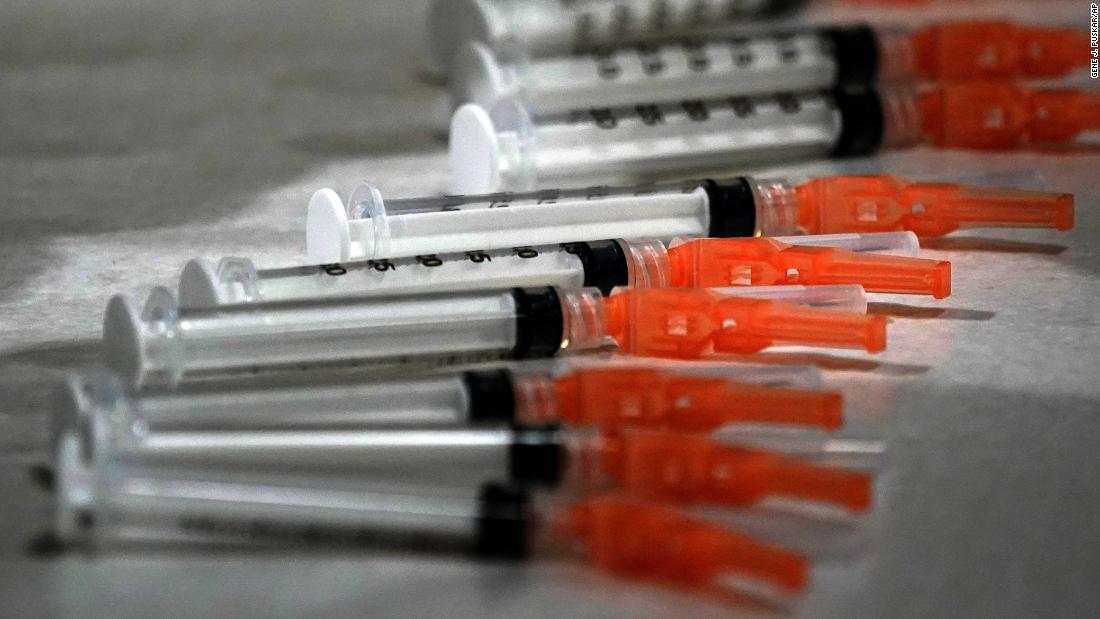“Community health centers are an important part of our broader strategy to ensure that we are reaching everyone with our response,” said Zients during a meeting at the White House.
The announcement comes as the White House continues to emphasize its efforts to distribute Covid-19 vaccines equitably across the country and ensure that vulnerable populations that have been disproportionately affected by the pandemic have access to vaccines and also to medical care.
“Equity is our northern star here,” said Dr. Marcella Nunez-Smith, who leads the Biden administration’s equity task force at the briefing. “This effort that focuses on direct allocation to community health centers really has to do with connecting with hard-to-reach populations across the country.”
The Community Health Center’s Vaccination Program will also work to build confidence in the vaccine, said Zients. The centers will be equipped to provide the necessary outreach to help patients schedule appointments. The program will partner with local leaders to ensure equity in the distribution of vaccines.
Zients also announced on Tuesday that the Biden administration would increase the overall weekly vaccine supply to 11 million doses nationwide starting this week.
Last week, the Biden administration said it would begin direct shipments of coronavirus vaccines to retail pharmacies to expand access points to the vaccine.
Community health centers treat some of the most vulnerable Americans, many of whom are at risk for severe Covid-19. Homeless people, migrant workers, residents of public housing and people with limited English proficiency are all among the patient population. There are more than 213,100 community health centers in every state and territory in the U.S. serving more than 30 million people.
About two-thirds of patients at the community health center live on or below the federal poverty line and 60% identify themselves as racial or ethnic minorities.
In the initial phase of the program, Nunez-Smith said the doses would reach 250 health centers. The plan includes at least one community health post in each state and territory. The goal is to allocate 1 million doses in this first phase.
The federal program, added Nunez-Smith, aims to help state and local leaders. The community health center program and others “are by no means a substitute for the important work that they must lead in dealing with equity,” said Nunez-Smith.
Zients during the briefing rejected the idea that the emphasis on equity in vaccine implantation is sacrificing efficiency in the midst of the race to achieve collective immunity.
“I don’t accept that premise at all,” said Zients when pressed about whether the country would need to accept that speed would be lost in favor of equity.
“I think we can do this in a fair, equitable and efficient way. And I think today’s announcement about using community health centers is part of a multifaceted strategy to reach all Americans,” he said. “So efficiency and equity are central to what we’re doing. And I don’t see any trade-off between the two – I think they go together.”
